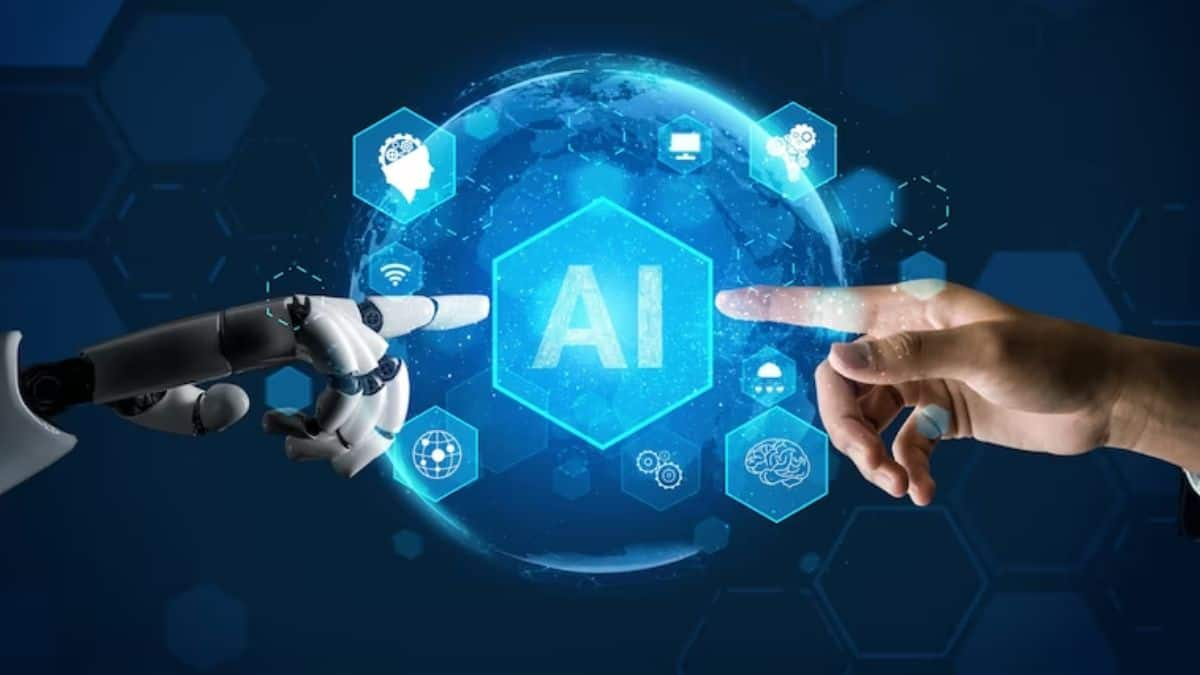By Rajesh Sinha
Generative AI has emerged as a central theme in discussions on Artificial Intelligence, driven by advanced language models like OpenAl’s GPT-4 Turbo , Anthropic’s Claude 2, TIl UAE’s Falcon 180B, Mistral 7B, Zephyr 7B, GenZ , Microsoft/phi-1_5, Adept/fuyu-8b, Idefics’, liuhaotian/llava-v1.5-13b, Alibaba’s Qwen-VL, and LumiOpen/Poro-34B . Organizations across a multitude of industries are actively exploring the potential of Generative AI to optimize their business processes. In today’s digitally-driven landscape, it is a rarity to find a progressive business that does not have at least one Generative AI initiative in the pipeline. McKinsey predicts that Generative AI could contribute between 2.6 to 4.4 trillion USD to the global economy by 2030, highlighting the immense excitement surrounding its potential.
Let’s delve into key Generative AI applications across various sectors:
Financial Services
Fraud detection and prevention is one of the most significant applications for Generative AI in the financial services space. Picture a traditional fraud detection department at a bank. Chances are, it will be large, expensive to run, difficult to maintain, and reliant on manual processes that are often ineffective. Contrast this with a Generative AI model’s enhanced understanding of fraud patterns, which facilitates effective identification of suspicious activity, for the attention of the fraud detection team. This significantly reduces manual effort and minimizes the possibility of human error. Moreover, by generating synthetic examples of fraudulent activities, AI can proactively augment its detection algorithms to stay updated on the latest threats.
Insurance
In the insurance sector, Generative AI streamlines operations and enhances customer-centricity. Automation expedites claims settlement processes by analyzing visual data and extracting information from policies, facilitating swift validation and settlement. Additionally, Generative AI aids in optimizing underwriting by building comprehensive risk assessment frameworks, enabling informed decision-making by underwriters.
E-Commerce
Generative AI-powered chatbots revolutionize customer support in e-commerce, comprehending and replicating natural human language. These chatbots efficiently interpret customer queries and provide personalized responses, enhancing user experience and operational efficiency. Generative AI also plays a role in creating engaging product descriptions and marketing content, driving sales.
Food Services
Generative AI empowers food service providers to deliver highly personalized experiences based on individual preferences, dietary restrictions, and medical history. It generates customized nutrition plans, offers personalized dietary advice, and creates innovative recipes with unique ingredient combinations and flavors.
Higher Education
Educational institutions leverage Generative AI for hyper-personalized marketing, recruitment, and admissions strategies. AI models identify customer segments and build tailored campaigns at low cost, engaging prospective candidates with relevant content. Generative AI-powered chatbots streamline the admissions process and automate administrative tasks, allowing faculty members to focus on teaching, student support, and research.
Consumer Products
Generative AI propels product development in the consumer products space by analyzing customer preferences and conceptualizing innovative product ideas. When integrated with advanced analytics, it optimizes supply chain operations, providing insights on demand forecasting, inventory management, and automating documentation processes.
Healthcare
Generative AI is making significant strides in healthcare by enhancing diagnostic processes, drug discovery, and personalized treatment plans. It analyzes vast datasets to identify patterns and trends, contributing to more accurate diagnoses and optimized treatment strategies. Additionally, Generative AI facilitates the creation of personalized health content for patient education.
Manufacturing
In the manufacturing sector, Generative AI is revolutionizing product design, process optimization, and predictive maintenance. It aids in the creation of innovative designs, streamlines production processes, and predicts maintenance requirements based on data analysis, improving overall efficiency and reducing downtime.
Energy
Generative AI contributes to the energy sector by optimizing energy production, predicting equipment failures, and improving grid management. It analyzes data from sensors and IoT devices to identify potential issues, enabling proactive maintenance and minimizing disruptions in energy supply.
Looking Ahead
As the examples we’ve discussed illustrate, Generative AI is poised to have a truly transformative impact across multiple sectors. From stimulating creativity and innovation, to elevating customer experience, to enhancing process efficiency – we’ve barely scratched the surface of the seemingly limitless potential of the technology. In the years ahead, an organization’s ability to successfully leverage Generative AI to address complex challenges and build lasting value will undoubtedly become a critical competitive edge in an ever-evolving business landscape.
The author is founder, chairman, Fulcrum Digital
Follow us onTwitter,Facebook,LinkedIn




